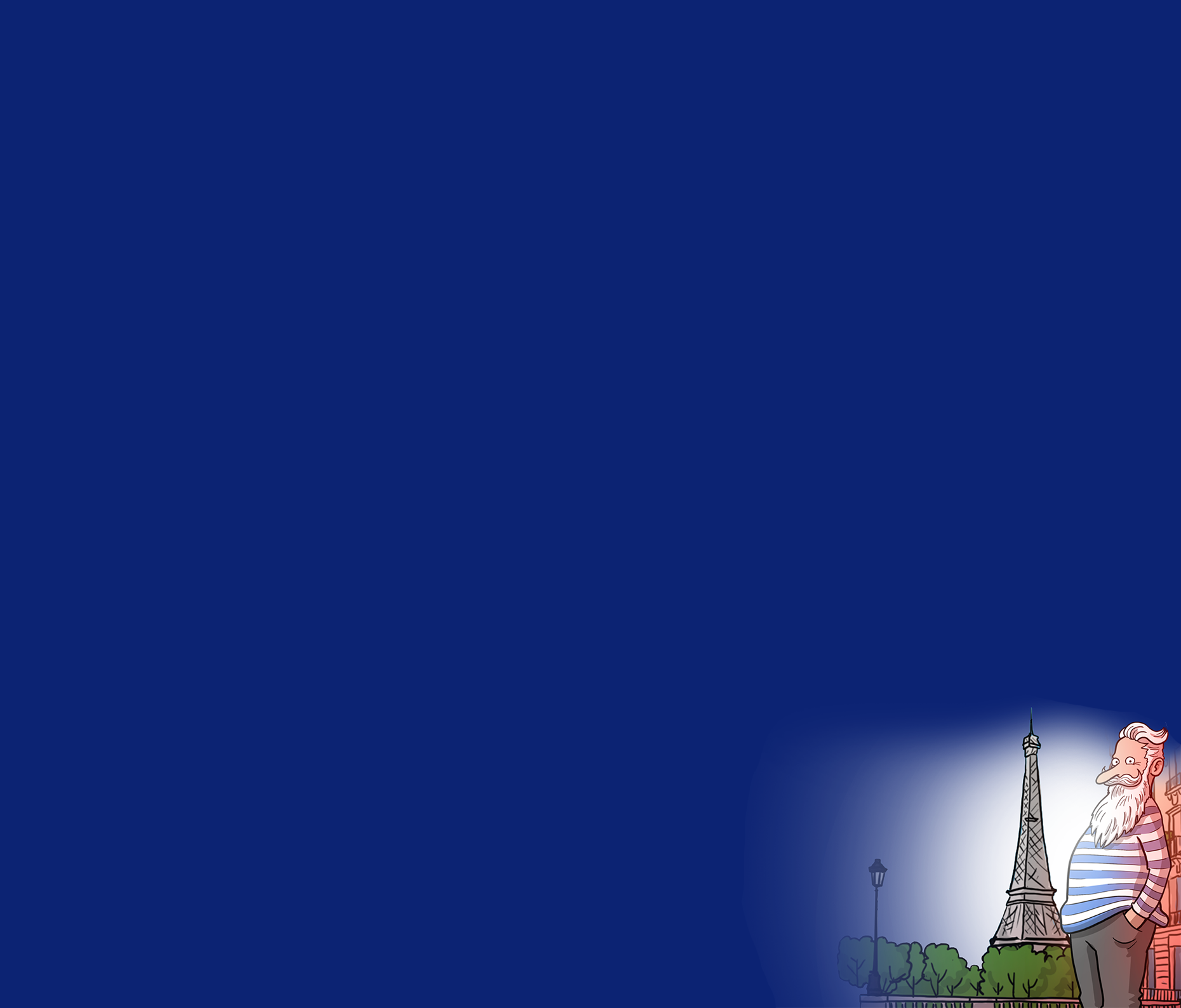Se faire + infinitive
Se faire + infinitive has a passive sense, it indicates that the subject has something done to himself or asks someone to do something to or for him. This construction is very commonly used, even more so than the passive form.
Il s’est fait taper he was hit (= il a été tapé)
La souris se fait manger the mouse is eaten (= la souris est mangée)
Je me suis fait couper les cheveux I had my hair cut / my hair was cut (= mes cheveux ont été coupés)
La souris se fait manger the mouse is eaten (= la souris est mangée)
Je me suis fait couper les cheveux I had my hair cut / my hair was cut (= mes cheveux ont été coupés)
Se faire (aider, manger, etc.) is formed like a pronominal verb, and preceded by a pronoun.
présent
Je me fais aider
Tu te fais aider
Il/elle/on se fait aider
Nous nous faisons aider
Vous vous faites aider
Ils/elles se font aider
Je me fais aider
Tu te fais aider
Il/elle/on se fait aider
Nous nous faisons aider
Vous vous faites aider
Ils/elles se font aider
passé composé
Je me suis fait aider
Tu t'es fait aider
Il/elle/on s'est fait aider
Nous nous sommes fait aider
Vous vous êtes fait aider
Ils/elles se sont fait aider
Je me suis fait aider
Tu t'es fait aider
Il/elle/on s'est fait aider
Nous nous sommes fait aider
Vous vous êtes fait aider
Ils/elles se sont fait aider
Note: the past participle fait never agrees when it is followed by an infinitive.
Nous nous sommes fait voler nos bagages We had our bags stolen.
Still having trouble with 'Se faire + infinitive'? Master the rules of French grammar and improve your French level thanks to our online French lessons Frantastique. We're offering a 7-day free trial, so what are you waiting for?
What our users say:
Looking to improve French for beginners? Frantastique provides effective and fun training!
Tips for learning 'Se faire + infinitive'? Share them with us!

